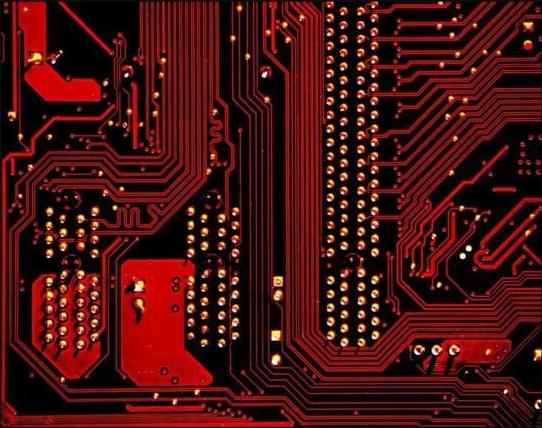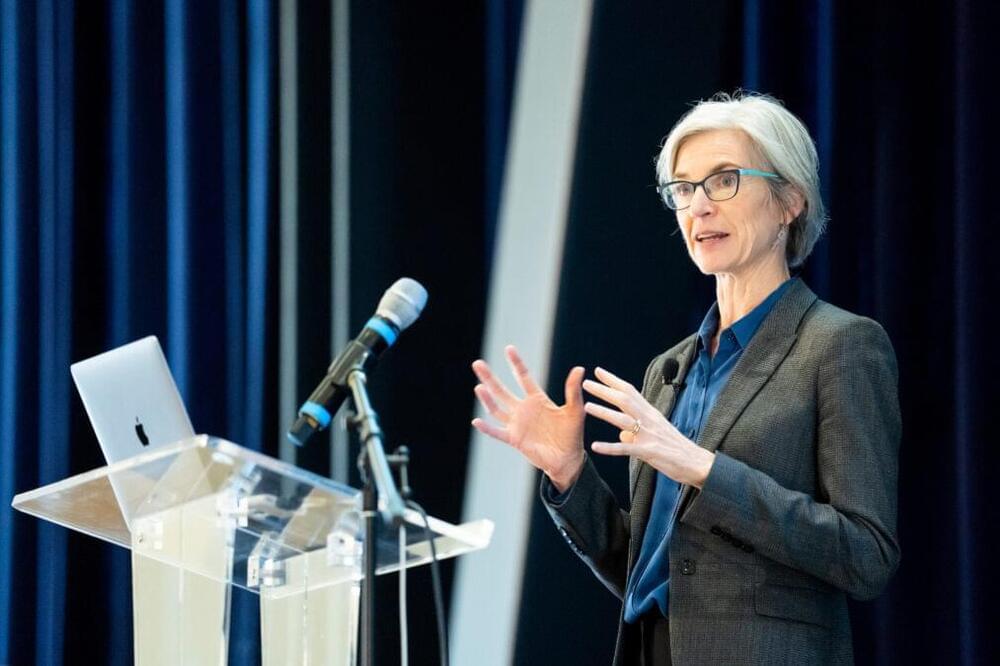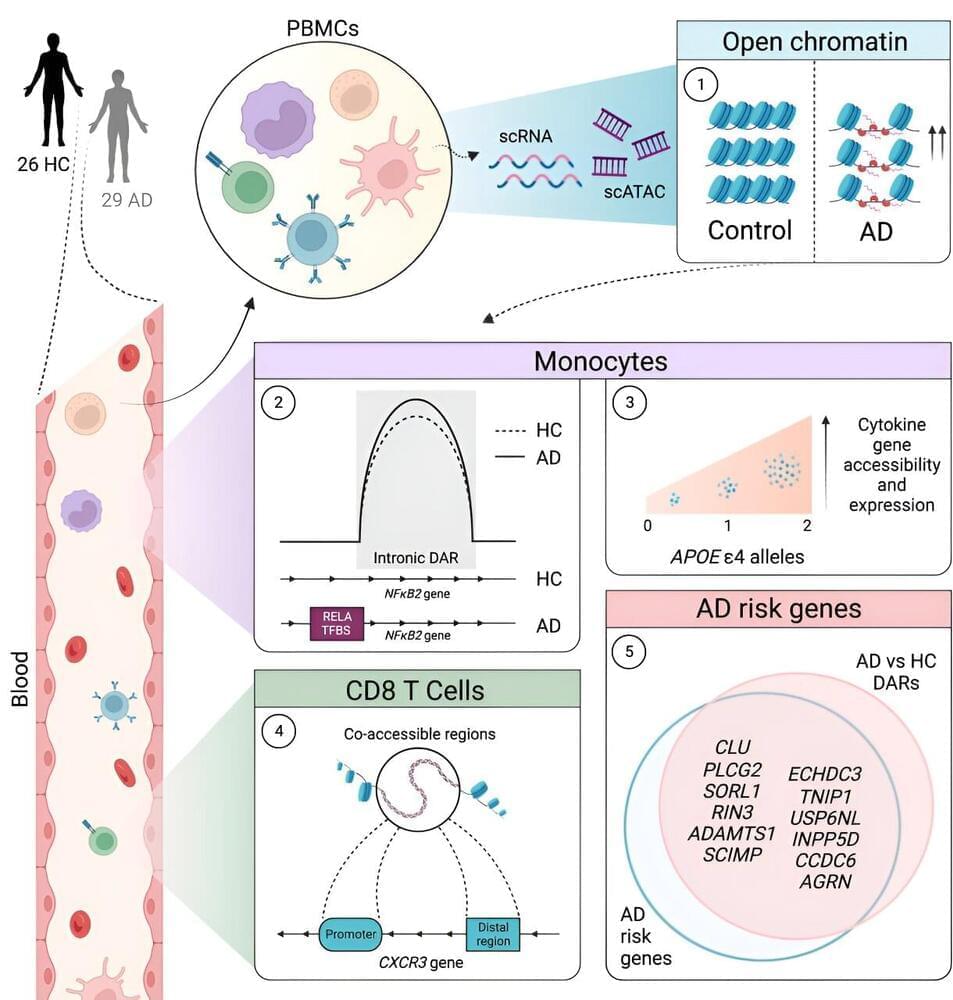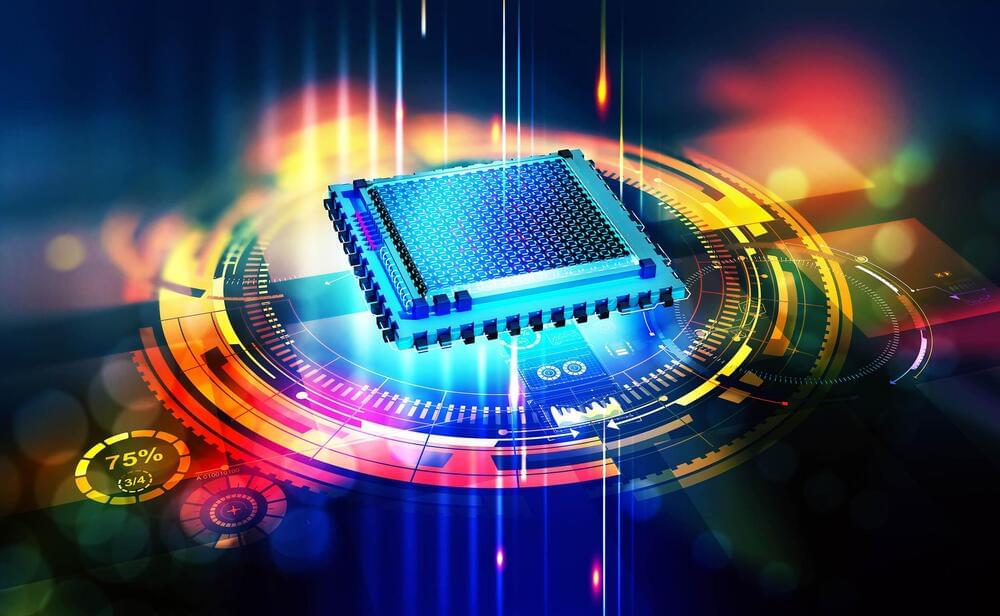A magnitude 5.7 earthquake struck the world’s largest active volcano on Friday — Mauna Loa on the Big Island of Hawaii — knocking items off shelves and cutting power in a nearby town but not immediately prompting reports of serious damage.
The earthquake, which didn’t cause a tsunami and which the U.S. Geological Survey initially reported as magnitude 6.3, was centered on Mauna Loa’s southern flank at a depth of 23 miles, 1.3 miles southwest of Pahala.









